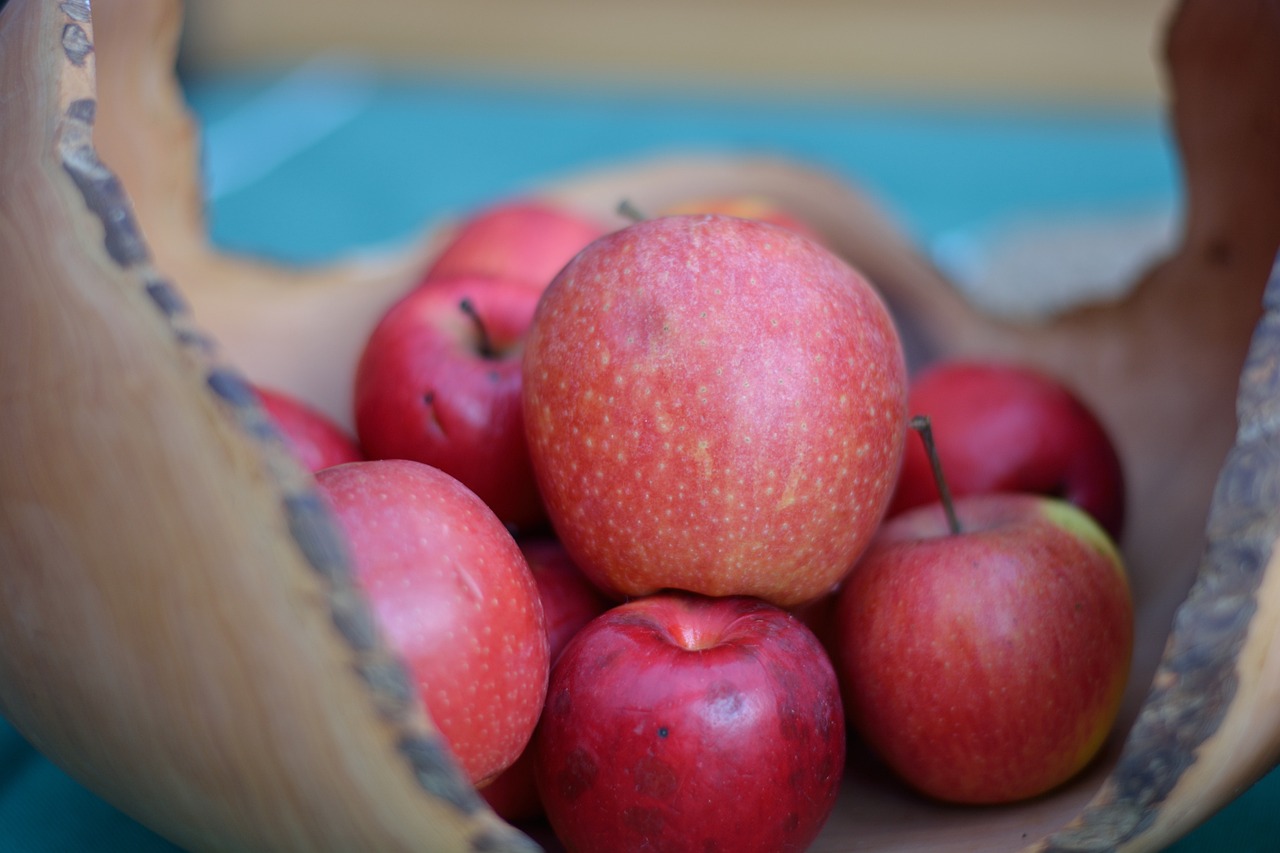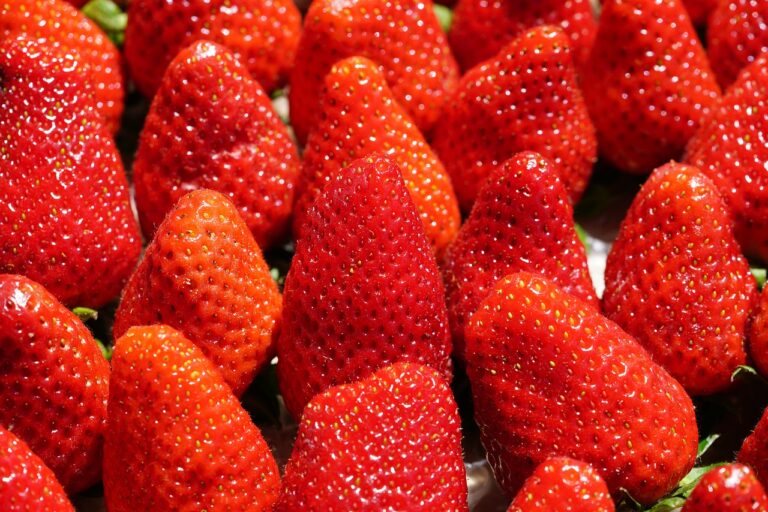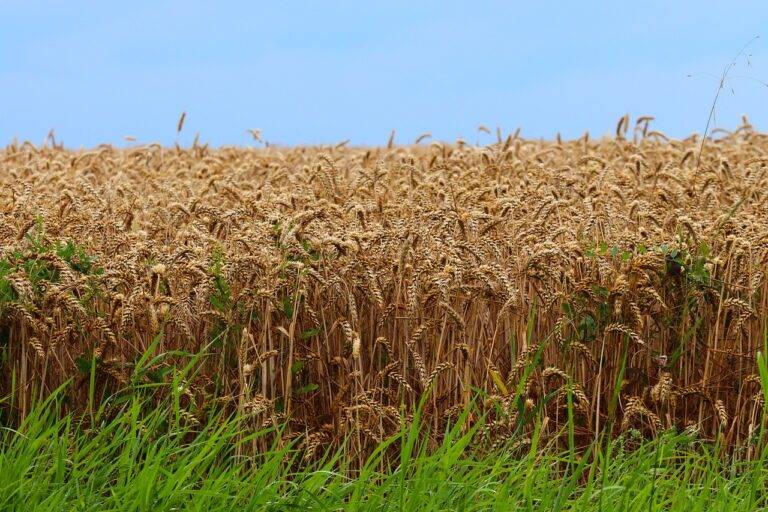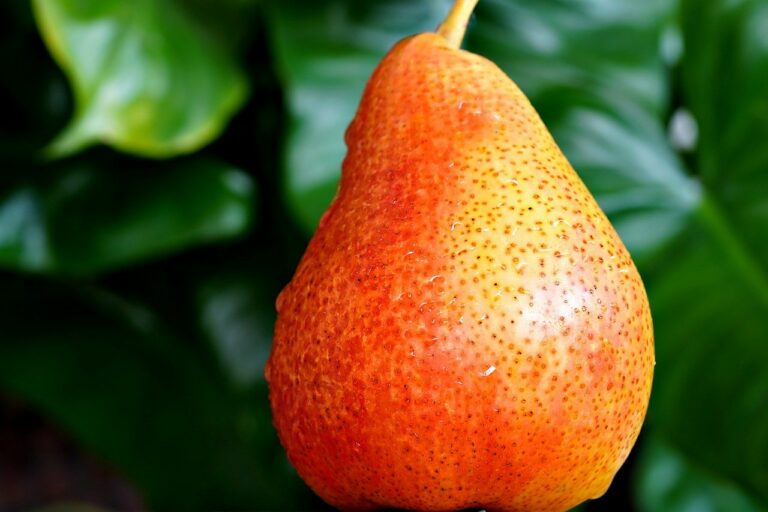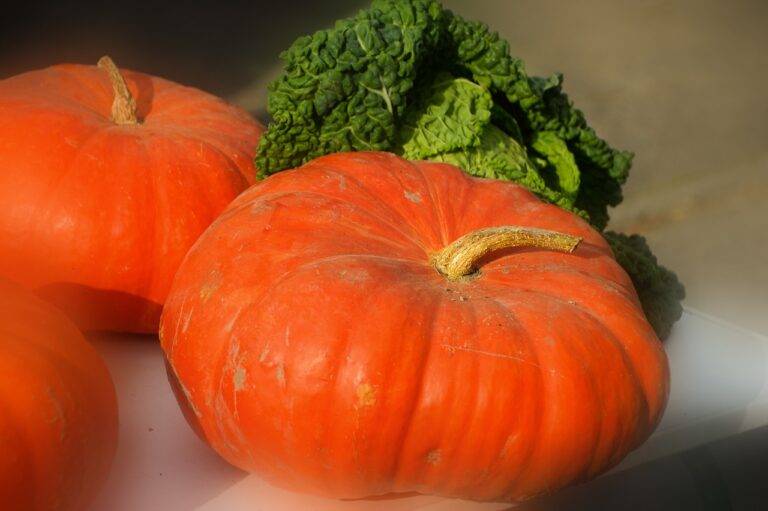The Impact of Soil Health on Honey Production: 11xplay reddy login password, 24 betting login india sign up, Skyinplay.com login
11xplay reddy login password, 24 betting login india sign up, skyinplay.com login: Soil health plays a critical role in honey production and the overall success of beekeeping operations. The quality of the soil directly impacts the health and productivity of the plants that bees rely on for nectar and pollen. Healthy soil is essential for producing vibrant and nutrient-rich plants that provide bees with the resources they need to thrive.
**Why Soil Health Matters for Honey Production**
The soil is the foundation of any ecosystem, and it provides essential nutrients and support for plant growth. Healthy soil is teeming with beneficial microorganisms, such as bacteria and fungi, that break down organic matter and make nutrients available to plants. These nutrients are then absorbed by the plants and transferred to the nectar and pollen that bees collect.
When soil health is compromised, plants may not receive the necessary nutrients to grow and produce high-quality nectar and pollen. This can lead to reduced flowering, lower nectar production, and decreased nutritional value for bees. In turn, bees may struggle to forage for food, leading to decreased honey production and overall hive health.
**The Connection Between Soil Health and Plant Diversity**
Plant diversity is another crucial factor in beekeeping and honey production. Different plants provide bees with a variety of nutrients and compounds that contribute to the flavor and quality of honey. Healthy soil supports a diverse range of plant species, creating a more robust food source for bees.
In contrast, degraded soil with low organic matter content and nutrient levels may not support a diverse plant community. This can limit the availability of nectar and pollen sources for bees, reducing their foraging options and potentially impacting the flavor and nutritional value of the honey they produce.
**How Soil Health Affects Bee Health**
The health of the soil directly impacts the health of bees and the overall resilience of bee populations. Soil contaminated with pesticides or other chemicals can harm bees directly through exposure to toxic substances or indirectly by reducing the availability of clean food sources.
Pesticides and chemical fertilizers can also disrupt the balance of beneficial microorganisms in the soil, affecting plant growth and nutrient uptake. This can lead to weaker plants that produce lower-quality nectar and pollen, further compromising bee health and honey production.
**Improving Soil Health for Better Honey Production**
Improving soil health is essential for promoting sustainable beekeeping practices and ensuring a reliable source of high-quality honey. Farmers and beekeepers can take several steps to enhance soil health and support healthy bee populations, such as:
1. **Avoiding chemical inputs**: Minimize the use of synthetic pesticides and fertilizers that can harm soil organisms and pollinators.
2. **Adding organic matter**: Incorporate compost, manure, or cover crops to increase soil fertility and support beneficial microorganisms.
3. **Rotating crops**: Planting a diverse range of crops can help improve soil structure, prevent erosion, and provide bees with a variety of nectar and pollen sources.
4. **Planting pollinator-friendly habitat**: Establishing wildflower meadows, hedgerows, or other pollinator-friendly habitats can enhance bee foraging opportunities and support overall hive health.
By prioritizing soil health and implementing sustainable farming practices, beekeepers can enhance honey production, support healthy bee populations, and contribute to the conservation of pollinators and ecosystems.
**FAQs**
1. **How does soil pH affect honey production?**
Soil pH can impact the availability of nutrients to plants and influence the composition of nectar and pollen. Bees may preferentially forage on plants that thrive in specific pH ranges, so maintaining optimal soil pH levels can support diverse plant communities and enhance honey production.
2. **Can soil pollution affect the quality of honey?**
Soil pollution from contaminants such as heavy metals or industrial chemicals can potentially impact the quality and safety of honey. Bees may gather nectar from polluted plants, leading to honey that contains harmful substances. Monitoring soil quality and avoiding contaminated areas can help prevent these issues.
3. **How can I test soil health on my property?**
Soil testing kits are available to assess soil pH, nutrient levels, and organic matter content. Consult with a local agricultural extension office or soil testing lab for guidance on collecting samples and interpreting results. Regular soil testing can help you track changes in soil health and make informed decisions about soil management practices.
In conclusion, soil health plays a crucial role in honey production and beekeeping operations. By prioritizing soil health and implementing sustainable land management practices, beekeepers can support healthy bee populations, enhance honey production, and contribute to the conservation of pollinators and ecosystems.

